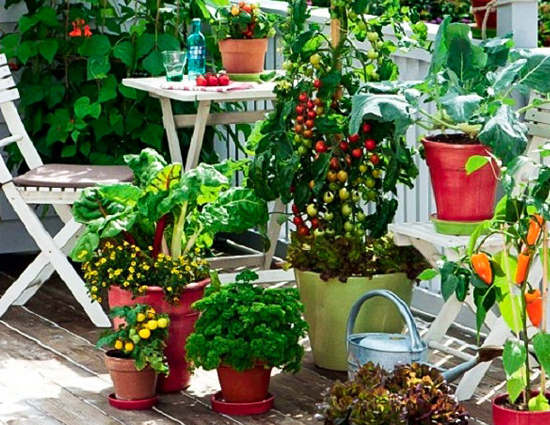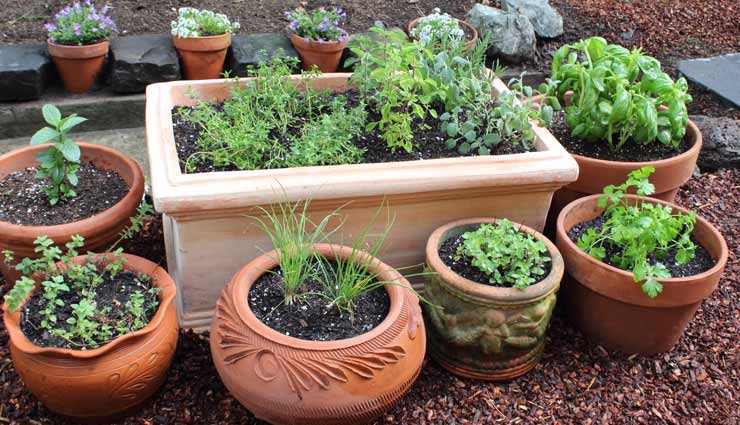5 Ways To Control Kitchen Garden Insects
By: Priyanka Maheshwari Fri, 14 July 2017 09:41:13

No garden is truly free of pests and disease: fungal infections, caterpillars, beetles, dogs, deer—the list of potential problems is seemingly endless. Fortunately, you can fight back against these pesky predators without risking your health or spending a fortune by utilizing natural garden pesticides. In many cases, you can get rid of problems before they arise simply by switching to organic gardening. These simple organic gardening tips will help protect against the most common crises-

1. Larger insect pests and harmful caterpillars can be hand-picked if the infestation is limited. Once you get over the "yuck factor," this approach is easy and effective. Trying to identify a particular pest? The best place to start is the host plant. Different insects target specific plants, so research what pests your host plant is particularly prone to and whether the pest will cause any significant damage.
2. Remove and destroy infested plants; don't add them to your compost pile. Removing dead leaves, fallen fruit, and other debris that can provide refuge for pests will help alleviate this issue.
3. Some gardeners use natural and homemade insecticides, such as salt spray, mineral oil, and garlic spray. Using these natural insecticides and organic pesticides can fight pests off without causing harm to you or the plant. Just remember to reapply these natural garden pesticides frequently, especially in rainy climates, and check to see if your organic pest spray is actually organic.
4. Dogs, rabbits, and other animals may be deterred by installing a low fence securely attached at ground level. Larger pests, such as deer, may require much taller fencing, which can get somewhat expensive. To avoid this costly pitfall, consider the alternative of surrounding these plants with individual collars of fencing.
5. Sometimes, you need to protect just one plant or a row of plants. A cloche is a temporary cover sized and shaped to fit a particular plant. For single plants, cut the bottom off of a gallon plastic milk jug and set it over the plant—a cheap, safe pesticide alternative. For row crops, protect them with a tunnel-shape cloche created with wire hoops and row-cover fabric. The primary danger with cloches is heat buildup on sunny days. Make sure to remove or vent the cloches before they overheat your plants.





